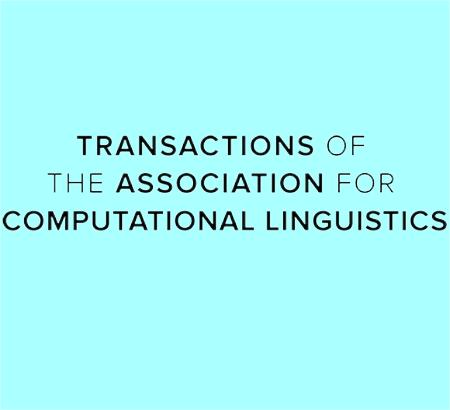从混合情绪中学习更多:对话中情绪识别的标签完善方法
IF 4.2
1区 计算机科学
Q2 COMPUTER SCIENCE, ARTIFICIAL INTELLIGENCE
Transactions of the Association for Computational Linguistics
Pub Date : 2023-12-01
DOI:10.1162/tacl_a_00614
引用次数: 0
摘要
摘要 会话中的情感识别(ERC)通常使用单热标签作为基本事实。然而,这种方法可能无法完全涵盖单个语句中传达的所有情感,从而导致性能不佳。遗憾的是,目前的 ERC 数据集缺乏全面的情感分布标签。为了解决这个问题,我们提出了情感标签细化(EmoLR)方法,该方法利用上下文和说话者敏感信息来推断混合情感标签。EmoLR 由情感预测器(EP)模块和标签细化(LR)模块组成。EP 模块识别情绪,并为 LR 模块提供上下文/说话者状态。随后,LR 模块计算这些状态与地面实况标签之间的相似度,并生成精炼标签分布 (RLD)。与原始的单次标签相比,RLD 能捕捉到更全面的情感范围。然后,这些经过提炼的标签将被用于模型训练,以替代单次标签。在三个公共对话数据集上的实验结果表明,我们的 EmoLR 达到了最先进的性能。本文章由计算机程序翻译,如有差异,请以英文原文为准。
Learning More from Mixed Emotions: A Label Refinement Method for Emotion Recognition in Conversations
Abstract One-hot labels are commonly employed as ground truth in Emotion Recognition in Conversations (ERC). However, this approach may not fully encompass all the emotions conveyed in a single utterance, leading to suboptimal performance. Regrettably, current ERC datasets lack comprehensive emotionally distributed labels. To address this issue, we propose the Emotion Label Refinement (EmoLR) method, which utilizes context- and speaker-sensitive information to infer mixed emotional labels. EmoLR comprises an Emotion Predictor (EP) module and a Label Refinement (LR) module. The EP module recognizes emotions and provides context/speaker states for the LR module. Subsequently, the LR module calculates the similarity between these states and ground-truth labels, generating a refined label distribution (RLD). The RLD captures a more comprehensive range of emotions than the original one-hot labels. These refined labels are then used for model training in place of the one-hot labels. Experimental results on three public conversational datasets demonstrate that our EmoLR achieves state-of-the-art performance.
求助全文
通过发布文献求助,成功后即可免费获取论文全文。
去求助
来源期刊
CiteScore
32.60
自引率
4.60%
发文量
58
审稿时长
8 weeks
期刊介绍:
The highly regarded quarterly journal Computational Linguistics has a companion journal called Transactions of the Association for Computational Linguistics. This open access journal publishes articles in all areas of natural language processing and is an important resource for academic and industry computational linguists, natural language processing experts, artificial intelligence and machine learning investigators, cognitive scientists, speech specialists, as well as linguists and philosophers. The journal disseminates work of vital relevance to these professionals on an annual basis.

 求助内容:
求助内容: 应助结果提醒方式:
应助结果提醒方式:


